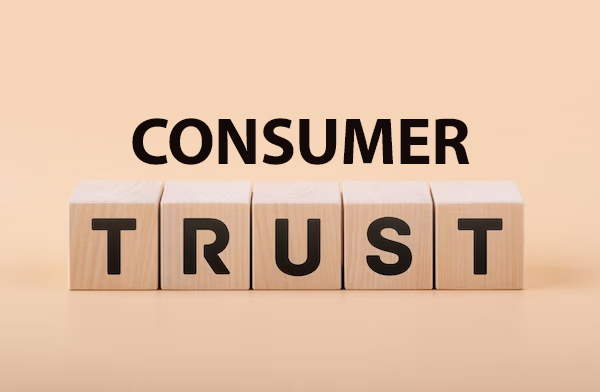Today, marketing automation is integral to digital strategies used across businesses, both large and small, to improve customer relationships. Automation can not only save time and effort by allowing frequent and personalized touches with consumers who are already interested in your product or service but can also drive more sales. However, those using the technology must understand data privacy regulations to secure the personal data of customers & clients. This blog post will explore the importance of understanding and adhering to data privacy regulations when utilizing marketing automation techniques.
Legal Compliance:

Legal compliance has become increasingly important in the world of digital marketing. Laws like GDPR and CCPA require businesses to obtain consent from individuals before collecting and processing their data. This has led to a shift in how companies approach their automated marketing systems.
These regulations have made it clear that businesses need to take a more proactive approach to protect consumers’ data privacy. Failure to comply with these laws can result in significant fines and legal penalties. As such, companies must ensure they have the appropriate measures to remain compliant and avoid costly mistakes.
Consumer Trust:

Data privacy is a hot topic amongst consumers in today’s digital age. They want to know that their personal information is collected, stored, and used responsibly. A single data breach can not only compromise sensitive information but can also severely damage consumer trust. Trust is a vital component of any business-customer relationship, and once it’s lost, it can be challenging to regain.
Companies prioritizing data security and ethical data usage can earn consumer trust and differentiate themselves in a crowded marketplace. Being transparent and upfront about data collection practices can go a long way in building and maintaining consumer trust.
Competitive Advantage:

Data privacy has become a key concern for many consumers in the age of technology we live in. People want to know that their personal information is being protected by the companies they interact with. This is where businesses have an opportunity to set themselves apart from the competition. Companies can gain a significant advantage in the market by demonstrating a clear commitment to data privacy.
Consumers are more likely to trust and do business with companies that prioritize their privacy and take active steps to protect their data. In addition, by having strong data privacy measures in place, businesses can also avoid costly data breaches and the loss of customer trust that can come with them. In short, focusing on data privacy is not just a moral imperative for companies but also an intelligent business decision.
Ethical Responsibility:

In today’s digital age, businesses collect vast amounts of consumer data for various purposes, including advertising and offering personalized services. However, while companies have the right to collect consumer data, they also have ethical responsibilities to protect it. Businesses can breach consumer trust and invade their privacy without proper consent or transparency about how data is used. Companies must proactively secure consumer data and adhere to industry standards and guidelines.
By prioritizing ethical responsibility, businesses can build a solid reputation, increase consumer loyalty, and avoid potential legal repercussions.
Data Security:

Data security is of utmost importance in today’s digital age, especially for businesses that handle sensitive customer information. A data breach can have devastating consequences not just for the affected customers but for the reputation and financial standing of the company as well. This is why marketing automation platforms must take the necessary measures to ensure that data is stored securely and that every possible step is taken to prevent data breaches from occurring.
Such measures can include employing top-notch encryption software, conducting regular security audits, and implementing robust access controls to limit the number of individuals accessing sensitive data. Ultimately, ensuring the security of customer data should be a top priority for any marketing automation platform that wants to build and maintain trust with its customers.
Conclusion:
As marketing automation and data analytics become increasingly important for businesses, it is essential to remember the importance of protecting consumer data. Not only is it necessary for companies to comply with relevant laws and regulations, but they also protect their customers’ sensitive data, honor ethical requirements, and respect consumer rights. Compliance with these regulations is essential for companies who want to build trust with their customers, maintain a competitive edge in their industry, and mitigate the risk of costly data breaches.
Ultimately, prioritizing data privacy will create better customer relations and a more substantial brand reputation and drive further revenue success. Adopting this proactive approach to managing consumer privacy will ensure marketing teams achieve top results while protecting their business’s online security and reputation.













